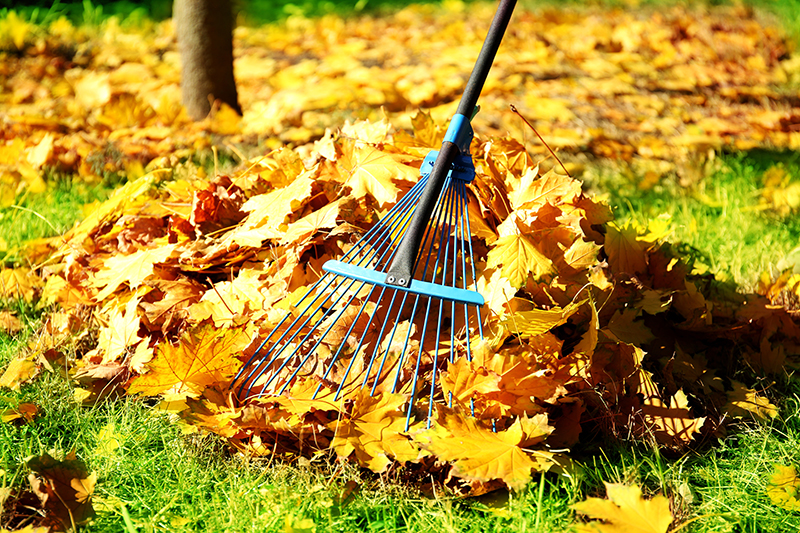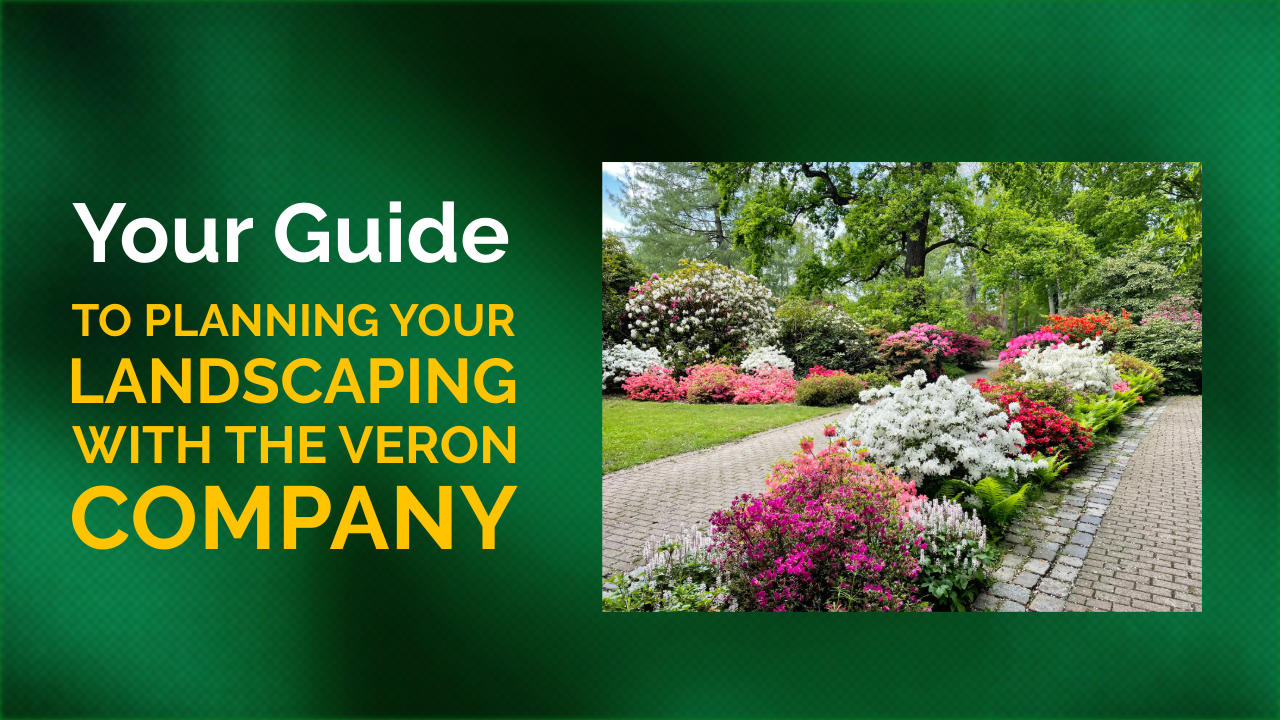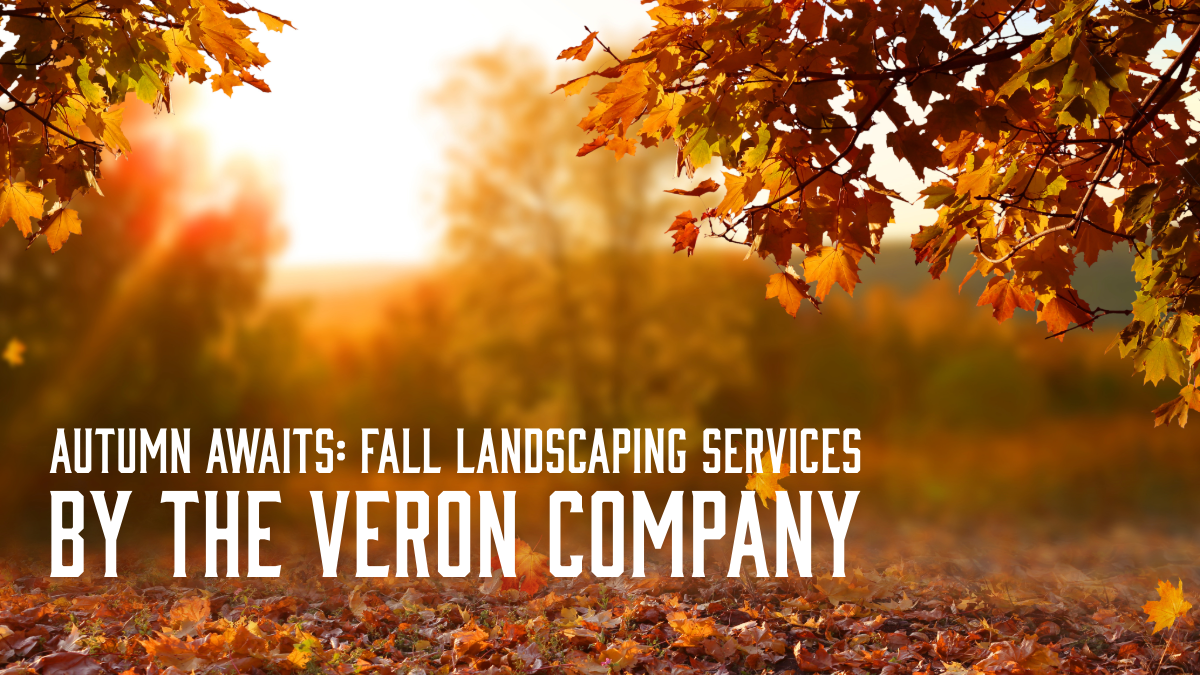How to Best Care for Your Lawn in November: There has been much debate about raking and what to do with all those leaves, besides jumping into piles of them. The fact is, those fallen leaves are your best friends when it comes to creating and maintaining an organic, healthy lawn. But is there a right or wrong way to rake? And what is the best use of those extra leaves? Read these raking and leaf blowing tips to learn how to keep your lawn healthy this winter!
What’s Wrong with Raking?
Raking is very helpful for clearing out potentially harmful layers of leaves, lawn thatch and other debris, such as pine needles, pine cones and loose tree branches. Before you start the job, make sure you have an effective rake. Don’t use the old one sitting in the garage that you’ve had for twenty years with uneven, or broken, tines.
Why Get Rid of Leaves?
If you don’t get rid of thick piles of leaves, they will harm the grass beneath them, suffocating it.
Besides suffocating your grass, leaves will also make your yard susceptible to many unwanted things, such as insect problems—because they love cluttered, cozy areas to burrow—and snow mold, the pink or gray fungus that thrives in cold and wet conditions.
The RIGHT Way to Rake
When you rake, you need to bear down, really digging the tines of the rake into the yard. Don’t simply skim the surface to remove leaves. The harder you dig, the more likely you will dislodge lawn thatch, which is an area of dead grass between healthy vegetation and the soil that needs to be removed. This is the reason why raking is preferred to simply blowing the leaves away.
Don’t attempt to be a superhero, raking your entire yard in one sitting. Map out the areas you’re going to rake, and take a break after cleaning up each area. If you don’t, you may be hurting the next day, because proper raking technique (mentioned above) involves really using muscles in your arms that you may not use every day.
Turn Leaves into Mulch
The best use of those discarded leaves is to turn them into mulch. A mulching mower can help you make an excellent mulch, or organic compost. It will chop the leaves into little pieces. Then you can rake what is left. The perfect mulch or compost—made from leaves—is a great source of nutrients and insulation to lay around flower beds to protect them for winter. Also, remove seasonal plants from your garden and add them to the compost, too. Then place a layer of leaves and compost around plants that may struggle in the cold.
The Veron Company is committed to ensuring that you have beautiful, worry-free landscaping, and we provide other home care services as well. Keep checking our blog for more maintenance tips, and contact us today to let us go to work for you!
The Veron Company, serving Marlborough, Massachusetts and surrounding areas, including Cape Cod since 1982.







